Ivory Coast
"Let's act fast!". The COP15 against desertification began Monday in Abidjan in the presence of several African heads of state, to try to take concrete action against the rapid degradation of land and respond "to the climate emergency.
Less known than its "big sister" on climate, this 15th Conference of the Parties (COP) of the United Nations Convention to Combat Desertification (UNCCD), addresses issues just as crucial at a time when the UN estimates that 40% of land is degraded in the world.
"Our summit is held in a context of climate emergency that severely impacts our land management policies and exacerbates the phenomenon of drought," said Ivorian President Alassane Ouattara at the opening of the COP15.
"Our people are pinning a lot of hope on us. We have no right to disappoint them. Let's act quickly, let's act together to give a new life to our lands!", he continued.
Nine African heads of state, including Nigerian President Mohamed Bazoum, his Congolese counterpart Felix Tshisekedi or Nigerian Muhammadu Buhari were present around Mr. Ouattara.
Several of them took the floor, Mr. Bazoum deploring, for example, "the agricultural yields that are decreasing year after year", while Mr. Tshisekedi pointed to "the lengthening of the dry seasons" and "the advance of the Sahara and Kalahari deserts" on the continent.
The leaders pledged to "continue to give the highest priority to the problems of drought and desertification.
"Desertification has the face of more than 3.2 billion people living on degraded lands around the world. There is an urgency to act," French President Emmanuel Macron said in a video message.
"Desertification and land degradation are not a fatality. These crises are not irreversible and solutions exist," he added.
- "Abidjan Initiative" -
On Monday morning, Alassane Ouattara presented the "Abidjan Initiative", a major program to mobilize $1.5 billion over five years to restore "degraded forest ecosystems in Côte d'Ivoire" and promote "sustainable land management approaches", hoping to "inspire other countries".
The African Development Bank and the European Union are among the main donors of this project.
Like many African countries, Côte d'Ivoire is primarily concerned by desertification: its forest area has decreased by 80% since 1900, from 16 million hectares to 2.9 million in 2021.
"At the current rate, our forest could disappear entirely by 2050," warned the Ivorian head of state.
The participants in the COP15 - whose theme is "Land. Life. Heritage: from a precarious world to a prosperous future" - will try to propose other concrete measures to stop the increase of desertification.
"The Conference will pay particular attention to restoring one billion hectares of degraded land by 2030, sustaining land use in the face of the impacts of climate change and combating the increase in disaster risks such as droughts, sand and dust storms and forest fires," the UN body UNCCD said in a statement.
The African continent is particularly affected by desertification, especially in its Sahelian band.
The issue of the Great Green Wall, a pharaonic project that aims to restore one hundred million hectares of dry land in Africa by 2030 on a strip of 8,000 km from Senegal to Djibouti, should be addressed during the work that will end on May 20.




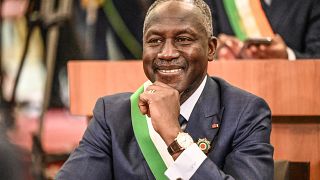
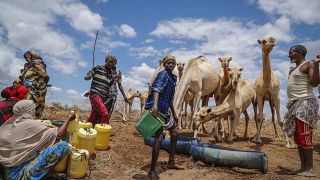
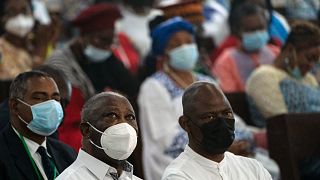
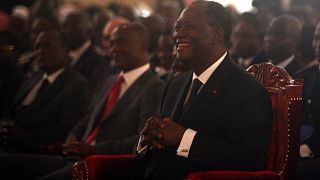
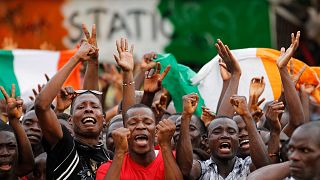

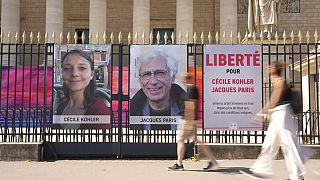
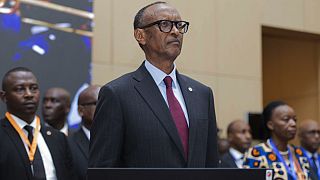
01:22
World will have to learn to live with heatwaves, UN says
00:24
Greenland and Iceland saw record heat in May
01:30
Macron sparks global push to protect oceans
01:06
Experts warn of an increase in Glacier-related risks from climate change
01:39
Hundreds dead and missing after Nigerian town submerged by floods
01:08
Nigeria: Death toll rises to at least 200 in devastating floods